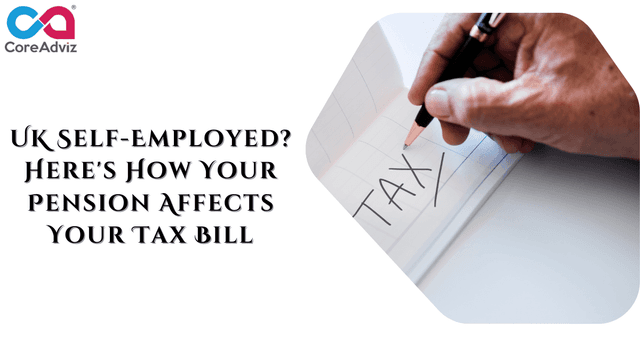
HomeBlog Know Tax-Efficient Investments for Higher-Rate Taxpayers in the UK
Know Tax-Efficient Investments for Higher-Rate Taxpayers in the UK
Kausik MukherjeeTax Saving
Are you someone required to pay a higher percentage of your income as taxes in the UK? Are you paying tax at a rate of 40 % as your taxable income is within £50,271 to £125,140? Do you think blaming the progressive tax system will make any sense? Well, it is never too late, and you can still implement the right strategies to minimize your tax liabilities. In this blog, we will discuss some tax-efficient investments that you can consider to overcome this problem as a higher-rate taxpayer. So, let’s have a look.
Individual Savings Accounts (ISAs)
In the UK, every adult can have an ISA allowance of £20,000 for each tax year, and the best thing is that any interest or income earned on this amount will be exempt from any tax. Moreover, there are four different types of ISAs that you can choose-Cash ISA, Stocks and Shares ISA, Innovative Finance ISA, and Lifetime ISA. However, as a higher-rate taxpayer, Stocks and Shares ISAs can prove very appealing to you as they include shares in companies, corporate bonds, unit trusts and investment funds, and government bonds.
Enterprise Investment Scheme (EIS)
In this scheme, if you buy new shares of a company, you will get a significant income tax relief of 30% of your investment. However, this involves high risk as these shares are usually of start-ups and small businesses. Also, they are not listed on any reputed stock exchange, but if you are a risk-taker, the advantages are far more to consider this option. You can make a maximum investment of £1 million under the EIS scheme, and after just two years, it will become free of any inheritance tax (IHT). Also when you sell these shares after eight years, you will be eligible for capital gains tax (CGT) benefits. Remember, you will get tax relief only if the company whose shares you have brought has already started trading.
Pension Contributions
You can contribute to pension funds to keep the higher tax bracket at arm’s length. Although there is no shortage of the types of pension contributions that you can avail of, you can consider personal pension contributions or even a stakeholder pension. It all depends on your personal preference and risk tolerance capacity. You can also think of contributing more to your workplace pension scheme as an employee as this will bring you some desired tax relief because now your reported income is low.
Venture Capital Trusts (VCTs)
By opting for the Venture Capital Trusts, you can enjoy an income tax relief of up to 30% on your investments in smaller or higher-risk companies. Also, any dividend that is generated from the VCTs investments will be tax–free. Moreover, when you sell your VCTs shares, it will not attract any capital gains tax (CGT). Now isn’t this awesome? It is important to know that to maximize your tax benefits; it is advisable to hold your VCTs investments for no less than five years.
Offshore Bonds
You can consider investing in offshore bonds because of their unique advantage of enabling you to defer your tax liability. Yes, it is possible to defer the taxes on gains on your offshore bonds to a date when you will be probably in a lower income tax bracket for example retirement. Moreover, you will have a range of investment options such as stocks, bonds, and funds that you can choose as per your financial goal.
In a nutshell, there are plenty of tax-efficient investments for higher-rate taxpayers in the UK. The key to get desired outcomes lies in tailoring your investment approach as per your financial needs or goals because each investment strategy has some complexities. So, it is best to consult a seasoned accountant or tax advisor who can help you to make informed decisions.


